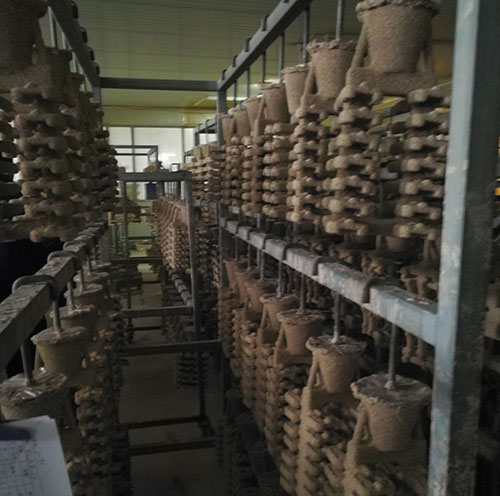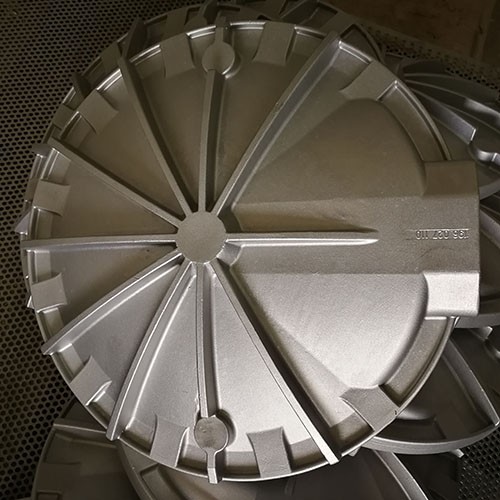About investment casting, steel casting
About investment casting, steel casting
Investment casting which refers to lost wax casting, mainly includes silica sol investment casting and water glass investment casting . Investment casting is valued for its ability to produce workpieces with high accuracy, repeatability, versatility and integrity in a variety of metals and high-performance alloys.
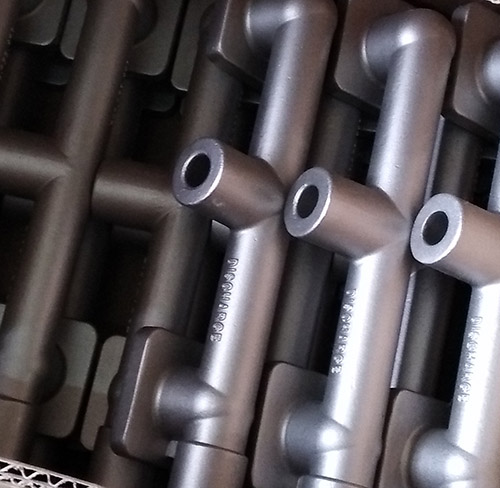
The fragile wax patterns must withstand forces encountered during the mold making. Much of the wax used in investment casting can be reclaimed and reused. Investment casting derives its name from the pattern being invested (surrounded) with a refractory material. Many materials are suitable for investment casting eg.: are stainless steel alloys, brass, aluminium, carbon steel and so on. The material is poured into a cavity in a refractory material that is an exact duplicate of the desired part. Due to the hardness of refractory materials used, investment casting can produce products with exceptional surface qualities, which can reduce the need for secondary machine processes.
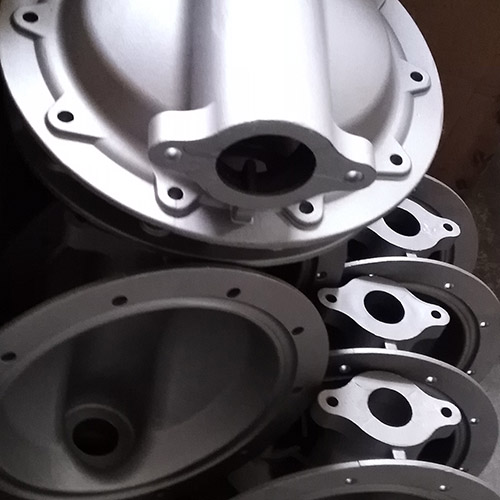
Water glass and silica sol investment casting are the two primary investment casting methods nowadays. The main differences are the surface roughness and cost of casting. Water glass method dewaxes into the high-temperature water, and the ceramic mold is made of water glass quartz sand. Silica sol method dewaxes into the flash fire, and silica sol zircon sand makes the ceramic mold. Silica sol method costs more but has the better surface than water glass method.
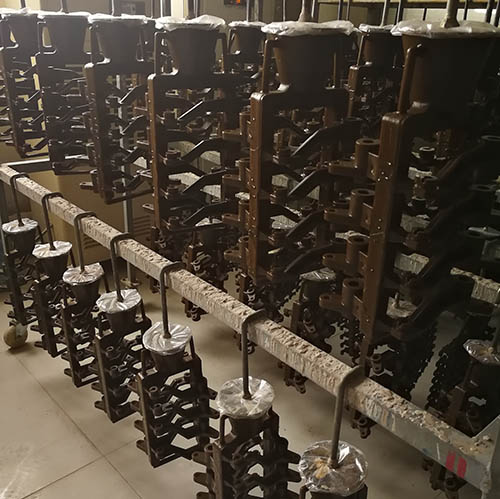
The process can be used for both small castings and large castings. It can be more expensive than die casting or sand casting, but per-unit costs decrease with large volumes. Investment casting can produce complicated shapes that would be difficult or impossible with other casting methods. It can also produce products with exceptional surface qualities and low tolerances with minimal surface finishing or machining required.
